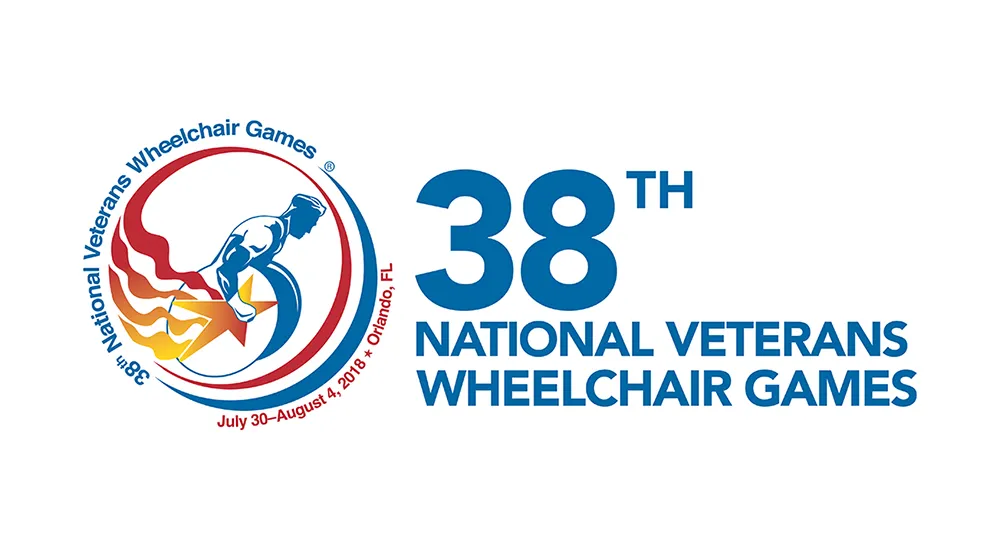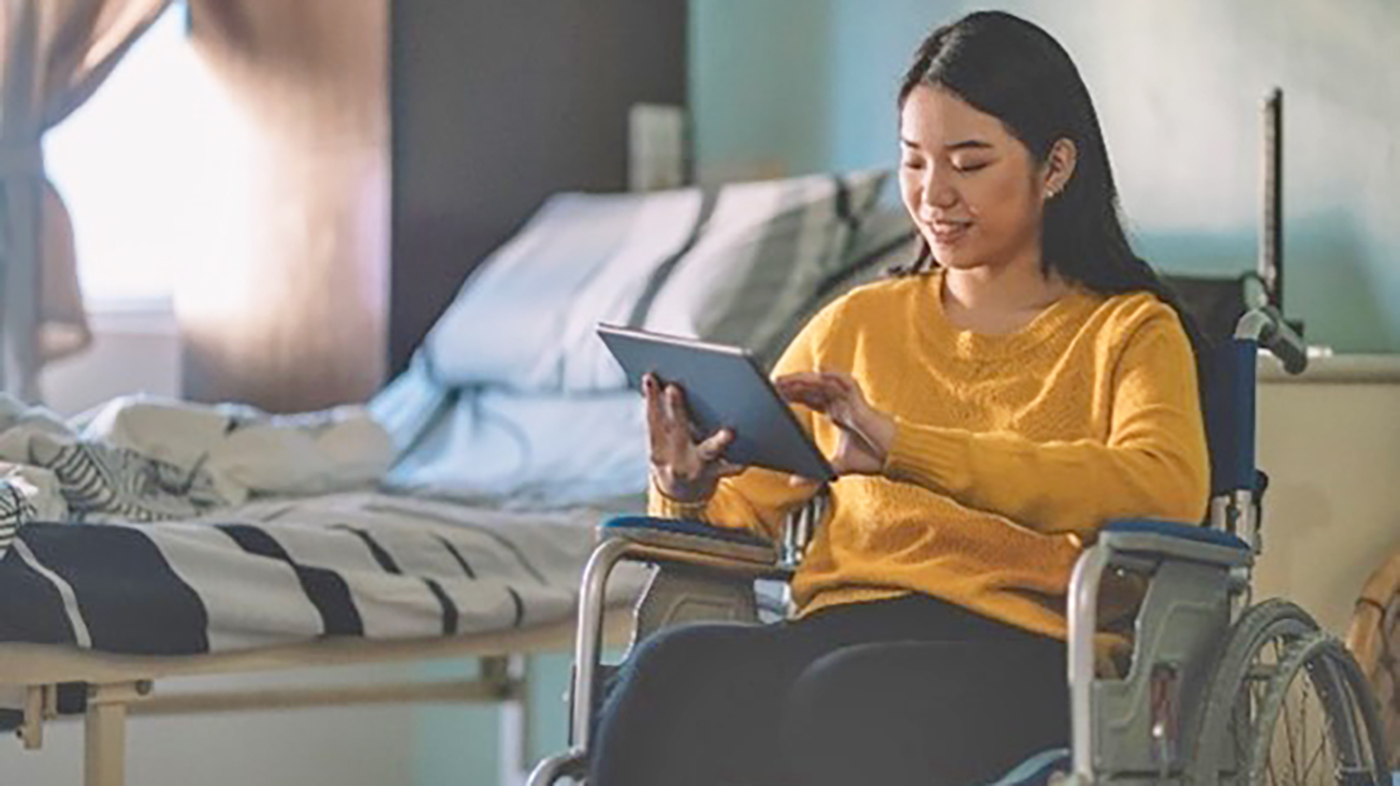The year was 1987. Seriously injured in a car accident while on active duty with the U.S. Army, then 18-year-old Veteran Jimmy Green was paralyzed from the waist down and thought his life was over.
Nine years later, he would find new life when he was introduced to the National Veterans Wheelchair Games in Seattle, Wash., by a Paralyzed Veterans of America National Service Officer. He says the experience redefined him and gave his life purpose.
That was 22 years ago and Green has participated in every Wheelchair Games since, competing in up to seven different wheelchair sports and earning an impressive 67 medals.

32nd National Veterans Wheelchair Games, June 25- June 30, 2012, Richmond, Virginia. Photographer: Robert Williams Photo Courtesy Dept. of Veterans Affairs.
He is excited about competing with fellow Veterans during the 38th National Veterans Wheelchair Games coming to Orlando July 30-Aug. 4. He will take part in wheelchair softball, basketball, field events, 9-ball and archery – the latter being a new sport for him.
“To see real athletes playing real sports and doing it so impressively, well, the games enlightened me. I learned that you can be the athlete that you once were—in a different way. And there are so many wheelchair sports to compete in. The games literally opened the door to the rest of my life.
“I have made so many friends through wheelchair sports and the National Veterans Wheelchair Games. I especially look forward every year to new Veterans participating in the Games. They leave enlightened…I love seeing what it once did for me do for them,” Green says.
3,000 volunteers help to make it happen
The National Veterans Wheelchair Games is co-presented by VA and Paralyzed Veterans of America (PVA). The games serve Veterans with spinal cord injury, multiple sclerosis, amputations and other central neurological impairments with the goal to increase their independence, healthy activity and quality of life through wheelchair sports and recreation.
Veterans are exposed to wheelchair sports at their home VA medical center or PVA Chapters as part of their rehabilitation to improve function, independence and getting them active in their home communities in sport and fitness.
The National Veterans Wheelchair Games has 19 different events that Veterans can choose to participate. Events such as wheelchair basketball, softball, swimming, cycling, power lifting and trap shooting are just a few of the events that support this dynamic competition.
A brigade of more than 3,000 local volunteers donate their time and assist with all aspects of the games, supporting specific events and engaging with the Veterans. Hundreds of VA therapists, physicians, nurses, and PVA chapter staff from across the country contribute their time, expertise, and passion to work with each Veteran, to ensure they are prepared and get the most out of the experience.
_______________________________________________________________________________________________________________
About the author: Susan Wentzell is the Deputy Communication Manager at the VA Sunshine Healthcare Network (VISN 8), in St. Petersburg, Florida. She has been a federal public affairs practitioner for nearly 40 years to include a position as public affairs officer at the James A. Haley Veterans’ Hospital in Tampa. She retired from the U.S. Air Force in 2005, serving 26 years as a military PAO and retiring at the rank of colonel. She has also held positions as a newspaper and television reporter, university public speaking instructor, and corporate/agency public relations professional.
Topics in this story
More Stories
Columbia VA’s robotic surgery teams completed their 800th robotic surgery and are on schedule to hit 1,000 by the end of the year.
In a decentralized clinical trial, Veterans can participate from their own homes or local VA instead of having to travel to a research site.
After serving in the Air Force for 25 years, Larry Wilson is now a My HealtheVet coordinator helping Veterans navigate their care.









